Salesforce certifications are like golden tickets in the world of Customer Relationship Management (CRM).
They prove you’ve got the skills, but how can others be sure they're real?
That’s where certification verification steps in!
Whether you're a pro looking to showcase your expertise or an employer wanting to confirm credentials, verifying certifications is key.
One should also verify the legitimacy of the apps before their usage as many apps are in question whether they are legit or not nowadays.
In this blog, we’ll break it all down for you.
So, ready to uncover why verification matters?
Let’s dive in and explore!
Why Salesforce Certification Verification Matters?
Verifying Salesforce certifications is crucial for ensuring that professionals are truly qualified.
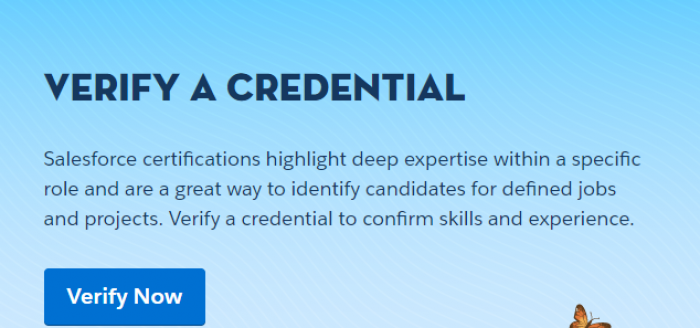
Here’s why it’s important:
- Trustworthy Hiring: Employers can confidently rely on verified skills to make informed hiring decisions.
- Prevents Misrepresentation: Certification verification confirms that credentials are legitimate and accurately reflect the professional's expertise.
- Compliance and Standards: Many industries require certified professionals to meet compliance standards, and verified certifications help ensure that those standards are met.
- Streamlined Recruiting: Hiring managers can quickly filter candidates with verified credentials, making the recruitment process more efficient.
- Increased Client Confidence: Clients are more likely to trust professionals who hold verified Salesforce certifications, strengthening business relationships.
These reasons underscore the importance of ensuring that certifications are properly verified, especially in the fast-paced Salesforce ecosystem.
Now, let us have a look at different certification paths.
Salesforce Certification Paths and Roles
- Salesforce MuleSoft Certifications: Includes Associate, Developer, and Architect certifications for MuleSoft, validating expertise in integration solutions.

- Salesforce Associate Certifications: Designed to validate foundational knowledge of the Customer 360 Platform and basic Salesforce functionalities.
- Role-Based Certifications:
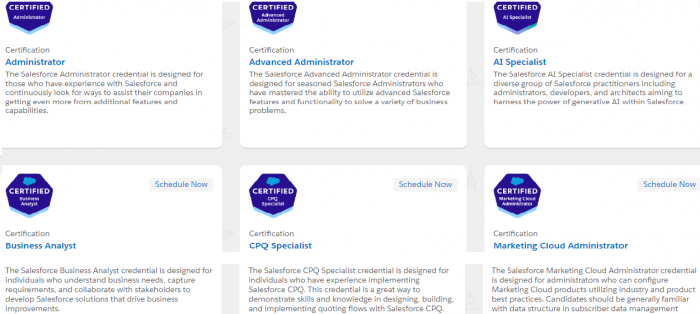
◦ Administrator: For those with experience looking to maximize Salesforce features.
◦ Advanced Administrator: For seasoned admins using advanced features to solve complex business issues.
◦ AI Specialist: For practitioners harnessing AI within Salesforce, including admins, developers, and architects.
◦ Business Analyst: For individuals capturing requirements and developing Salesforce solutions to drive business improvements.
◦ CPQ Specialist: For those experienced in implementing Salesforce CPQ to streamline quoting processes.
Each certification path is tailored to specific roles and expertise levels, helping you build a robust Salesforce career.
Now, you might be wondering how to verify the certifications.
Let's have a look at it.
How to Verify Salesforce Certifications?
Verifying Salesforce certifications is a simple yet essential process that ensures the credentials of a professional are legitimate.
It not only confirms their expertise but also boosts the credibility of hiring decisions and business partnerships.
Let’s go through the full step-by-step procedure to verify a Salesforce certification:
1. Access the Salesforce Credential Verification Page: Navigate to Salesforce’s official Credential Verification tool via the Trailhead Verification section or search directly for it.
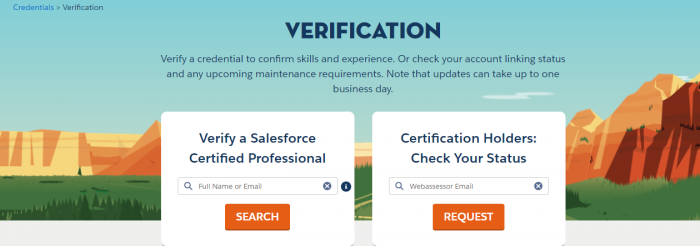
2. Input Professional’s Information: Enter the certified individual’s full name, email, or Salesforce certification ID for accurate results.
3. Click “Search”: The system will quickly retrieve the relevant certification data.
4. Review Certification Status: Check the certification type and whether it’s marked as active or expired, along with issue and renewal details.
5. Cross-Check for Relevance: Ensure the certification matches the job or project requirements.
6. Download or Save: Save the certification details for future reference in HR files or client records.
7. Contact Salesforce Support: If there are any discrepancies, reach out to Salesforce support for assistance.
Following these steps guarantees that you are confirming the legitimacy of Salesforce professionals.
Apart from certification verification, one needs to verify the legitimacy of each app that he/she uses like ofleaked, fitpresso, etc.
Ready to find out who benefits the most from certification verification?
Let’s dive into the next section!
Who Needs Certification Verification?
Certification verification isn’t just useful for employers—it benefits various groups within the Salesforce ecosystem.
Let’s take a closer look:
- Employers: Ensure candidates have the exact skills needed and reduce hiring risks.
- Clients: Gain confidence that professionals are genuinely certified, enhancing trust.
- Recruitment Agencies: Match candidates with job requirements accurately and efficiently.
- Salesforce Partners: Verify team certifications to meet program requirements and maintain status.
Now, let’s tackle the challenges you might face when verifying certifications in the next section!
Challenges in Salesforce Certification Verification
While certification verification is essential, it’s not without its challenges.
Here are some common hurdles and how to overcome them:
- Expired Certifications: Salesforce certifications need to be maintained through periodic exams. If the professional has failed to maintain their certification, it may show up as expired during verification.
- Incomplete Certification Records: Sometimes, a professional might not have all their certifications listed due to system errors or manual input issues. This can confuse and delay the hiring process.
- Inconsistent Information: If the name or email used doesn’t match what’s in Salesforce’s database, it can lead to difficulties in finding the certification.
- Third-Party Courses: Certifications from non-official sources can complicate verification, as only Salesforce-issued credentials will appear in the system.
Despite these challenges, knowing how to address them makes the verification process smoother.
Let’s explore how to maintain certifications in the next section!
Maintaining Your Salesforce Certification
Once you’ve earned a Salesforce certification, maintaining it is just as important as obtaining it.
Salesforce regularly updates its platform, and certifications must be kept current to reflect these changes.
Here’s how to stay on top of your certification:
- Complete Maintenance Exams: Periodic exams keep your certification current with the latest Salesforce updates. Passing these is essential to maintain your certification.
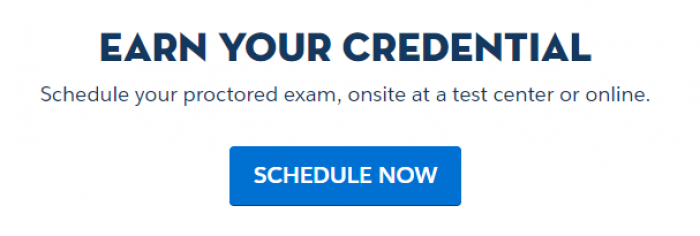
- Stay Informed: Keep up with Salesforce updates through Trailhead and other resources to stay prepared for maintenance exams.
- Set Reminders: Use calendar alerts to track renewal deadlines and avoid certification expiration.
Maintaining your certification proves your commitment to staying updated in the fast-evolving Salesforce ecosystem
Ready to wrap it all up?
Let’s head to the conclusion next!
Conclusion
Salesforce certification verification plays a vital role in maintaining trust, ensuring transparency, and validating skills within the Salesforce ecosystem.
Whether you’re an employer looking to hire, a client seeking assurance, or a professional showcasing your expertise, verifying certifications is a simple yet powerful step.
By following the verification process, you ensure that qualifications are genuine and up-to-date.
So, take the next step—get those certifications verified and secure your place in the competitive Salesforce landscape!





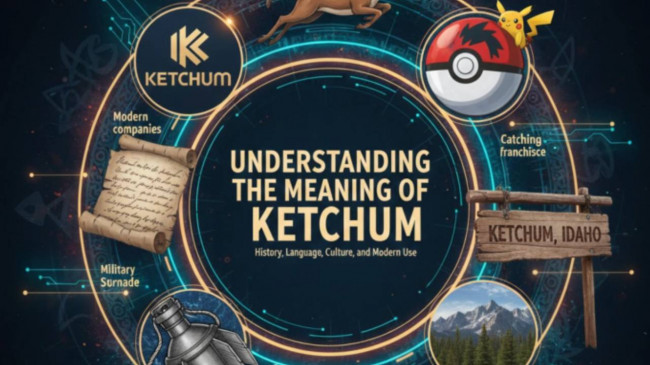

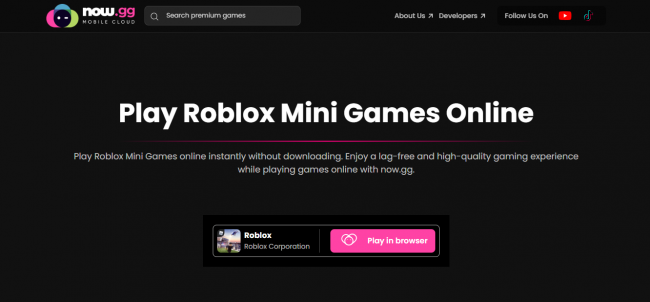
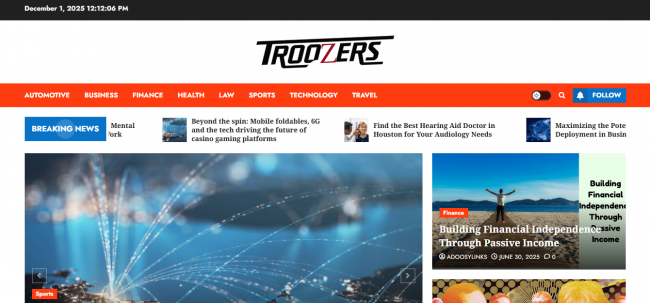
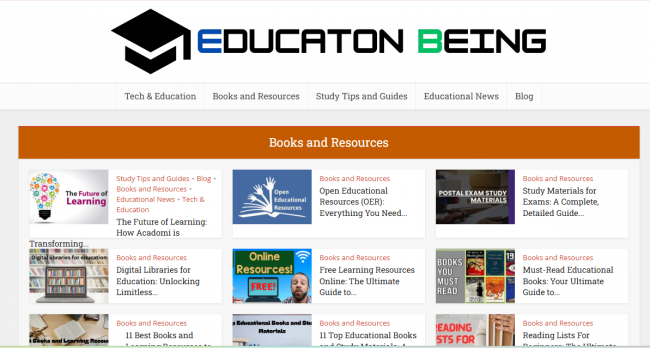
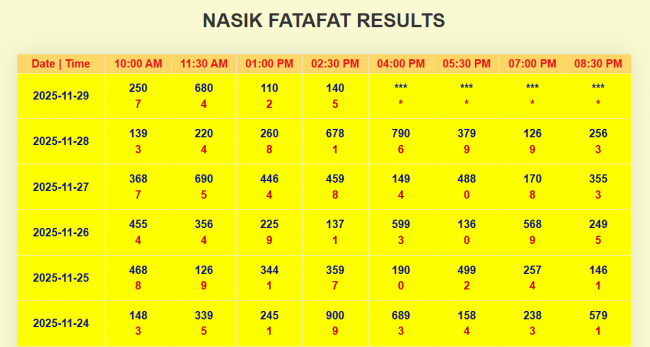
Comments